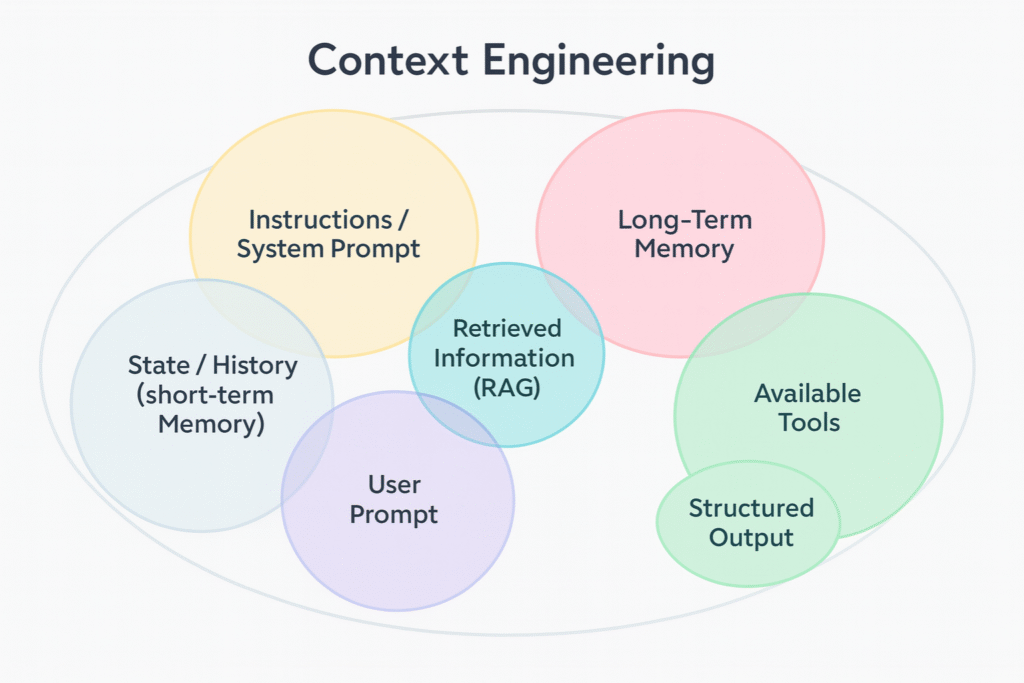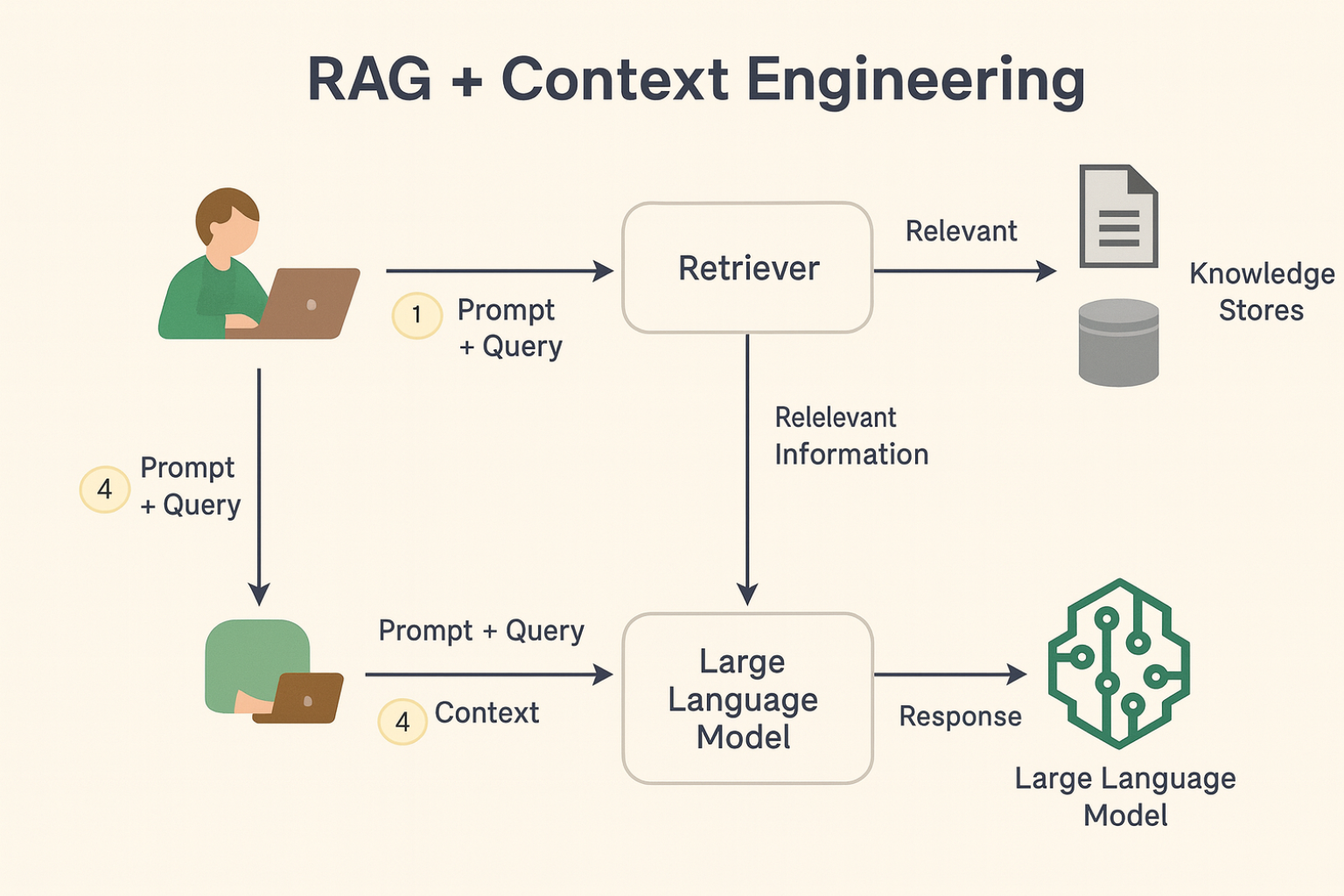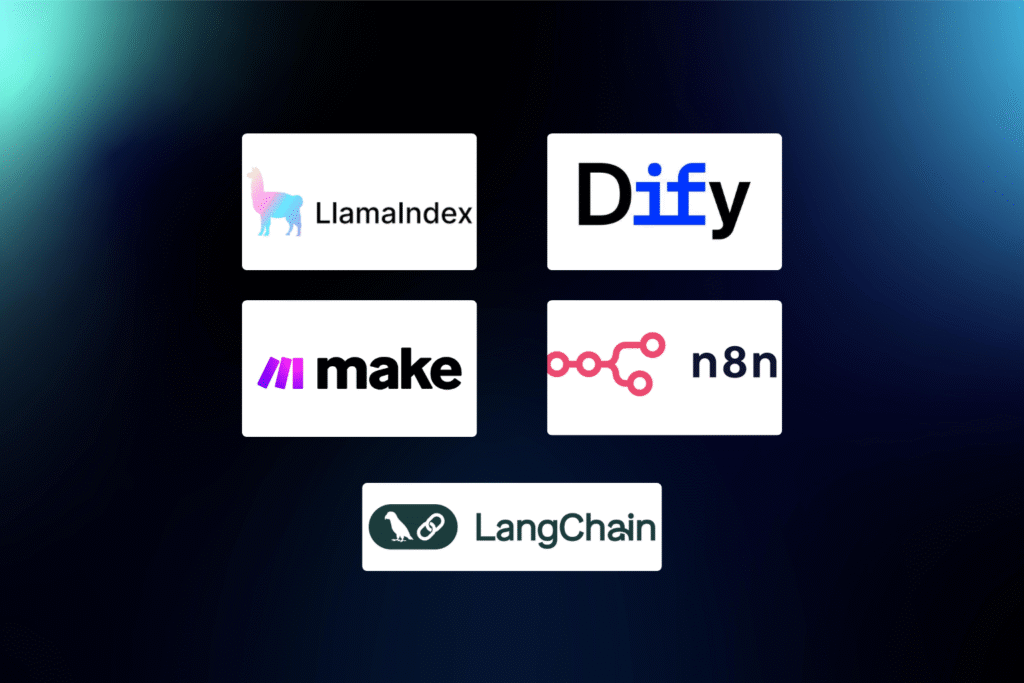Estimated reading time: 14 minutes
Introduction to the world of Artificial Intelligence and NoCode
Have you ever thought about create apps without having to dive in in the mysteries of programming? How about using Artificial Intelligence to simplify everyday tasks?
If you are looking for innovation with ease, mixing Artificial Intelligence with NoCode platforms can be a masterstroke.
We'll show you how this is possible in this mini artificial intelligence course, and believe me, it's easier than it seems.
Here, we will guide you through the first steps in the world of Artificial Intelligence:
What it is, how it works and its main applications, such as generation of images, audio and text.
But it doesn’t stop there! We’ll also teach you how to combine these technologies with NoCode tools like Make and n8n.
That's right, you'll learn how to create incredible solutions without needing a single piece of code. If you want to turn your ideas into reality, This article is the perfect starting point.
What is Artificial Intelligence?
Artificial Intelligence (AI) is becoming an essential part of our daily lives. Imagine a world where your smartphone can predict what you want to do, or a car that drives itself through city streets.
This is already happening thanks to AI, which allows machines to learn and make decisions intelligently.
One of the most fascinating aspects of AI is its ability to learn from past experiences.
This is possible through something called machine learning, where computers improve their skills by observing and analyzing large volumes of data.
Let's look at some important points about AI
- Learning ability: AI can identify patterns in complex data, which allows it to continually improve its own skills.
- Decision making: With the speed and precision that AI offers, it can make decisions in fractions of a second, something especially useful in areas such as financial markets and medical emergencies.
- Automation: AI is capable of automating repetitive tasks, freeing people to focus on more creative and strategic tasks.
A practical example of the application of AI is in virtual assistants, such as Siri and Alexa.
They learn from each interaction, becoming more efficient at understanding and responding to your requests.
This shows how AI is integrated into our lives, making everyday tasks easier.
Understanding AI is a valuable skill these days. By understanding the basic principles, you can not only take advantage of its benefits but also identify opportunities to apply it in your field of work.
AI is no longer restricted to large companies; it is accessible to everyone, opening up a world of possibilities to innovate and improve processes in any area.
In short, Artificial Intelligence is a powerful tool that is shaping the future.
With it, we can not only automate tasks, but also create solutions that significantly improve our quality of life and work efficiency.
How do AIs work?
Have you ever stopped to think about how artificial intelligence (AI) can make our lives so much easier?
Whether it’s recommending movies or helping predict the weather, AI seems to have an almost human-like “power” to understand and process information.
But how does this actually happen? Let's simplify it here.
Understanding the basis of AI
At the heart of AI are algorithms, which are recipes or instructions that the computer follows to perform tasks.
These algorithms can learn from data. That’s right, they improve as they receive more information, in a process called machine learning.
- Machine Learning: Imagine that you want the computer to recognize photos of cats. You don't tell him what a cat looks like. Instead, you show thousands of photos of cats and eventually the system starts to identify patterns that define what a cat is.
- Neural networks: Inspired by the human brain, these networks are sets of algorithms that try to recognize patterns. They interpret sensory data, such as images and sounds, much like our brain interprets the senses.
- Natural Language Processing: This allows AI to understand and respond in human language. So when you talk to virtual assistants like Siri or Alexa, it's natural language processing that's at work.
A practical example of the use of AI is when you use a streaming service like Netflix.
Based on the movies you watch, AI suggests other movies you might like.
This is done by analyzing patterns in your viewing history and comparing them to thousands of other users.
In short, artificial intelligences today are capable of performing complex tasks that would normally require human intelligence.
They're everywhere, making everything from movie choices to complex weather forecasts easier.
The key to their functioning is their ability to learn and adapt, becoming increasingly efficient the more they are used.
Artificial Intelligence Categories
Artificial Intelligence (AI) is increasingly present in our daily lives, and understanding its different categories can help you discover new possibilities.
I'll explain three main categories of AI that are transforming the way we interact with the world around us.
AI for imaging
This technology is super interesting! Think of a system that can identify everything in a photo.
This capability is used for everything from unlocking your phone with your face to providing life-saving medical diagnoses. And artists are using AI to create works of art that were previously unimaginable.
DALL E 3: Developed by OpenAI, it allows you to generate detailed images from textual descriptions, with integration with ChatGPT.
Midjourney: Focused on creating artistic and stylized images, it is widely used by designers and content creators.
Stable Diffusion: Open source model that offers flexibility for customization and fine-tuning of image generation.
AI for audio generation
Imagine talking to your cell phone and having it understand everything you say, or even transform any text into a clear and natural narration.
This is now possible thanks to audio AIs. They make it easier to make simple requests to a virtual assistant or create audiobooks or podcasts without using a real human voice.
ElevenLabs: Specialized in voice cloning and realistic speech synthesis, allowing you to create personalized voices with high fidelity.
Play.ht: Uses cutting-edge technology to convert text to speech with natural voices, supporting multiple languages.
Descript: Tool that combines audio editing with automatic transcription, facilitating the creation and editing of sound content.
AI for text generation
This is the technology behind chatbots that answer questions on websites or apps.
Text AI can write articles, create summaries of large texts, and even help writers overcome writer’s block. It’s a powerful tool for automating and personalizing communications.
ChatGPT: OpenAI's language model capable of generating coherent and relevant texts in different contexts, from informal conversations to complex essays.
Jasper: Focused on content marketing, helps create SEO-optimized texts, ads and social media posts.
Copy.ai: Provides fast text generation for a variety of purposes, including emails, product descriptions, and content ideas.
Each of these categories has the power to transform different sectors, from art to health and communication.
By understanding these technologies in depth, you can not only better understand how they work, but also begin to imagine how they can be applied to your life or work.
The key is to explore these tools and think about how they can solve problems in new and creative ways.
AI for image, audio and text generation
Artificial Intelligence (AI) is an incredible tool that is changing the way we create and interact with images, audio and text.
It helps us to do fascinating things, from creating art to improving our communication.
In the world of images, AI can identify people, objects, and landscapes in photos.
This is super useful in areas like security, where facial recognition systems keep places safer, or in medicine, helping doctors analyze imaging scans more accurately.
Artists are also using AI to create unique works of art, mixing styles or creating new artistic visions.
When it comes to audio, AI is no slouch either. It can turn text into speech that sounds almost as natural as a human speaking.
This is great for those who use virtual assistants or prefer to listen to a book instead of reading. Additionally, AI systems help with audio transcription, making online meetings and classes more accessible to everyone.
AI-powered text generation is becoming increasingly advanced. Chatbots, for example, are becoming increasingly better at simulating human conversations.
This helps a lot in customer service, where the bot can resolve simple issues without a human needing to intervene.
There are also programs that help writers overcome writer's block by suggesting ideas or completing sentences.
In all of these areas, AI is opening up new possibilities, making our lives easier and our businesses more efficient.
With it, we can not only do more, but also do better, exploring new ways of creating and interacting with the world around us.
AI agents and their application
Artificial Intelligence Agents, or AIs, are like virtual helpers that make life easier for people and businesses.
They can do a little bit of everything, from answering questions to helping you sell more and better.
Imagine a virtual assistant who serves customers day and night, without rest. This assistant can answer questions, offer products and even close sales. It is an employee who does not take vacations and is always ready to help.
Another interesting example is an agent who analyzes what customers like and suggests products that they actually want to buy. This helps improve sales and delight customers.
For an AI agent to work well, you need to configure it correctly and feed it with a lot of data. This way, he learns and gets better and better at what he does.
A good initial configuration and a constant feed of data are essential for the agent to improve their skills.
With the advancement of technology, these agents are becoming indispensable. They help to offer a more personalized and efficient service, which is exactly what most customers are looking for today.
Additionally, connecting these agents to tools that do not require programming knowledge, such as make up and n8n, enhances your capabilities.
This integration allows you to create innovative solutions without needing to understand codes.
It is a way to innovate and stand out in the market, offering services that really catch the attention of customers.
If you are interested in using these technologies, there are courses that teach you how to get the most out of AI agents and NoCode tools.
Taking advantage of these resources can be the key to your business's success in the digital world.
Connecting AI with NoCode tools
Integrating Artificial Intelligence (AI) into your projects is now easier than you think, thanks to NoCode tools.
These platforms allow you to add advanced AI capabilities without having to write code. This opens up a world of possibilities, even if you’re not an experienced programmer.
NoCode tools simplify the process of adding AI to your application. You just need to select and drag the components you want to use.
For example, if you want to create a system that recognizes photos, you don't need to learn about complex algorithms.
Just choose the image recognition block in your NoCode platform and voila, your functionality is added.
This ease of use brings countless opportunities for innovation. Imagine creating an app that helps manage visitors to a company using facial recognition, or a virtual assistant to automatically assist customers.
All of this becomes possible and practical with NoCode and AI.
A real-world example would be creating a chatbot for your website. Chatbots can understand common customer questions and respond intelligently.
This improves the user experience, reduces the burden on your support team, and keeps your customers happy.
If you've always wanted to incorporate cutting-edge technology into your projects, but felt limited by programming, NoCode and AI tools are the solution. They open the doors to creating innovative solutions without complications.
Imagine the possibilities and start exploring this powerful combination today.
Using Make and n8n for integration
Exploring the integration of Artificial Intelligence (AI) with NoCode tools like Make and n8n can truly transform the way you develop solutions and automations.
These tools make the entire process more accessible and less technical, allowing even non-programmers to create complex systems.
make up is a visual tool that makes it easy to automate tasks. Imagine you want AI to analyze sales data and automatically send you an email report whenever it reaches a certain value.
With Make, you can do this by dragging and dropping action blocks, without writing a line of code.
n8n, on the other hand, offers a similar approach, but is even more flexible. It allows you to integrate several different applications, such as your database, email tools, and of course, your AI.
For example, you can set up a flow that, upon receiving new data, sends it to AI to process and then automatically updates a dashboard that you use for monitoring.
To get started using these tools, follow these simple steps:
- Log in and sign up or install Make or n8n.
- Create a new project and set up the workflow by dragging the necessary steps.
- Configure data inputs and outputs. Make sure all the data your AI needs is being sent correctly.
- Run a test to make sure everything is working as expected.
- Adjust whatever is necessary to optimize the process.
These steps not only simplify but also enhance your operations, allowing you to focus on other areas of your business while automation takes care of repetitive or complex processes.
Integrating AI with NoCode tools is a path of no return for those looking for efficiency and innovation.
Start small, test different settings, and see how these tools can help you achieve impressive results with less effort.
NoCodeIA Course
We hope you enjoyed exploring the fascinating world of Artificial Intelligence in conjunction with NoCode tools.
Now that you know how these technologies work and how they can be integrated, you are one step ahead of starting your own projects with more confidence and innovation.
Combining Artificial Intelligence and NoCode not only simplifies the process of developing technological solutions, but also opens up a range of possibilities for anyone, regardless of their technical level.
Imagine being able to create applications, tools or services that use AI without having to write a single line of code!
Don't miss the chance to be at the forefront of this technological revolution. O NoCodeIA course NoCodeStartup is designed to take you from basics to advanced, preparing you to create effective and innovative solutions.
Are you ready to turn your ideas into reality? Join us and master the tools that will shape the future of digital development!
Further reading:






















